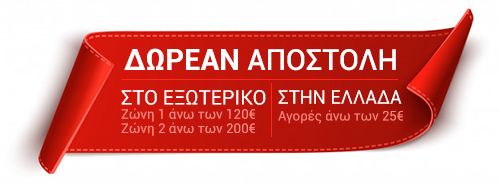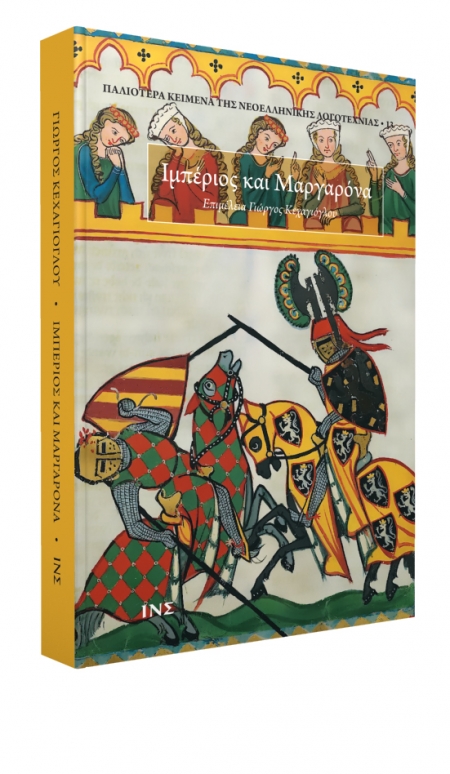Λίγα λόγια
Η περιπετειώδης και ερωτική μυθιστορία του Πέτρου και της Μαργαριτούλας (σερ Πέρου, (Ε)μπέριου, (Ι)μπέριου και Μαργαρόνας) είναι ένα δημοφιλέστατο υστερομεσαιωνικό και αναγεννησιακό μεσογειακό λογοτέχνημα που, μέσω των δυτικοευρωπαϊκών εκδοχών του, γοήτευσε ευρωπαϊκούς λαούς, λογίους μα και καλλιτέχνες ώς και τον 20ό αιώνα (Cervantes, Lope de Vega, Ludwig Tieck, Brahms). Πρωταγωνιστές του δύο πανέμορφοι, γενναιότατοι, μορφωμένοι, χαρισματικοί και, προπαντός, ατίθασοι, τολμηροί, εφευρετικοί και αντισυμβατικοί, στην αρχή, νεαροί ηγεμονόπαιδες, που ωριμάζουν μέσα από συνεχόμενες δοκιμασίες της ξεροκεφαλιάς όσο και της Τύχης/Μοίρας τους, και στο τέλος θριαμβεύουν χάρη στην αισθηματική σταθερότητα, την ευσέβεια, τα καλά έργα τους μα και τη θεία Χάρη.
Δουλεμένη πάνω στα χνάρια του ηρωικού και νοβελιστικού παραμυθιού Ανατολής και Δύσης, καθώς και του ελληνιστικού, ελληνορωμαϊκού, δυτικοευρωπαϊκού και βυζαντινού μυθιστορήματος/μυθιστορίας, και με πιθανό πρότυπο προβηγκιανό ή αραγονοναπολιτάνικο, η ελληνόγλωσση έμμετρη ανομοιοκατάληκτη εκδοχή της είχε, από το δεύτερο μισό του 15ου ώς περίπου τα μέσα του 16ου αι., πλούσια χειρόγραφη τύχη, ενώ η μεταποίησή της σε ομοιοκατάληκτο ποίημα στο δεύτερο τέταρτο του 16ου αι. και η έντυπη εμφάνισή του στη Βενετία (τουλάχιστον από το 1543 ώς το 1806) έκαναν τον Ιμπέριο (Διήγησην ωραιοτάτην του Ιμπερίου) ένα από τα πιο πολυδιαβασμένα «λαϊκά αναγνώσματα» του νέου ελληνισμού και των βαλκανικών δορυφόρων του, προσελκύοντας την προσοχή ξένων και ελλήνων λεξικογράφων, βιβλιογράφων, κριτικών, εκδοτών και μελετητών, αλλά και τη δημιουργική ανταπόκριση κορυφαίων λογοτεχνών (του Β. Κορνάρου, του Κ. Δαπόντε, του Δ. Σολωμού, του Κ. Παλαμά).
Στο βιβλίο εκδίδονται, με εισαγωγικό σχολιασμό και με αντικριστή μετάφραση στα σύγχρονά μας ελληνικά, ο έντυπος Ιμπέριος, ενώ, επιμετρικά, και σε πρώτες χωριστές φιλολογικές εκδόσεις, τρία από τα κείμενα της ανομοιοκατάληκτης μορφής του ποιήματος.
Ο επιμελητής της έκδοσης, Γ. Κεχαγιόγλου, είναι Ομότιμος Καθηγητής του Α.Π.Θ.
Αξιολογήσεις
Δεν υπάρχουν αξιολογήσεις


![ΑΡΙΣΤΟΤΕΛΕΙΟ ΠΑΝΕΠΙΣΤΗΜΙΟ ΘΕΣΣΑΛΟΝΙΚΗΣ / ΙΝΣΤΙΤΟΥΤΟ ΝΕΟΕΛΛΗΝΙΚΩΝ ΣΠΟΥΔΩΝ / [ΙΔΡΥΜΑ ΜΑΝΟΛΗ ΤΡΙΑΝΤΑΦΥΛΛΙΔΗ] ΑΡΙΣΤΟΤΕΛΕΙΟ ΠΑΝΕΠΙΣΤΗΜΙΟ ΘΕΣΣΑΛΟΝΙΚΗΣ / ΙΝΣΤΙΤΟΥΤΟ ΝΕΟΕΛΛΗΝΙΚΩΝ ΣΠΟΥΔΩΝ / [ΙΔΡΥΜΑ ΜΑΝΟΛΗ ΤΡΙΑΝΤΑΦΥΛΛΙΔΗ]](https://www.eshop.ins-auth.gr/images/logos/0/logo-ins-auth-transparent.png)






